
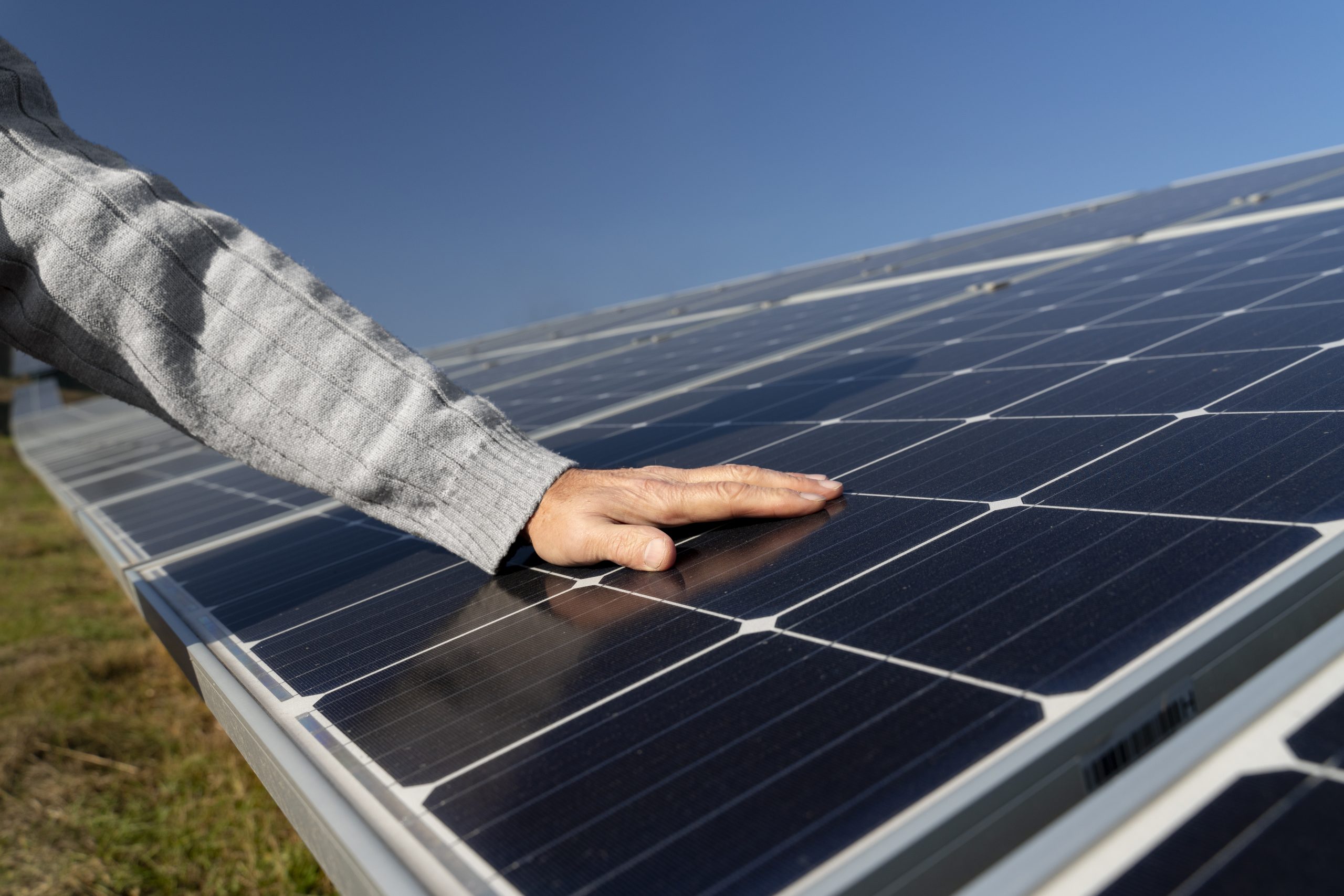


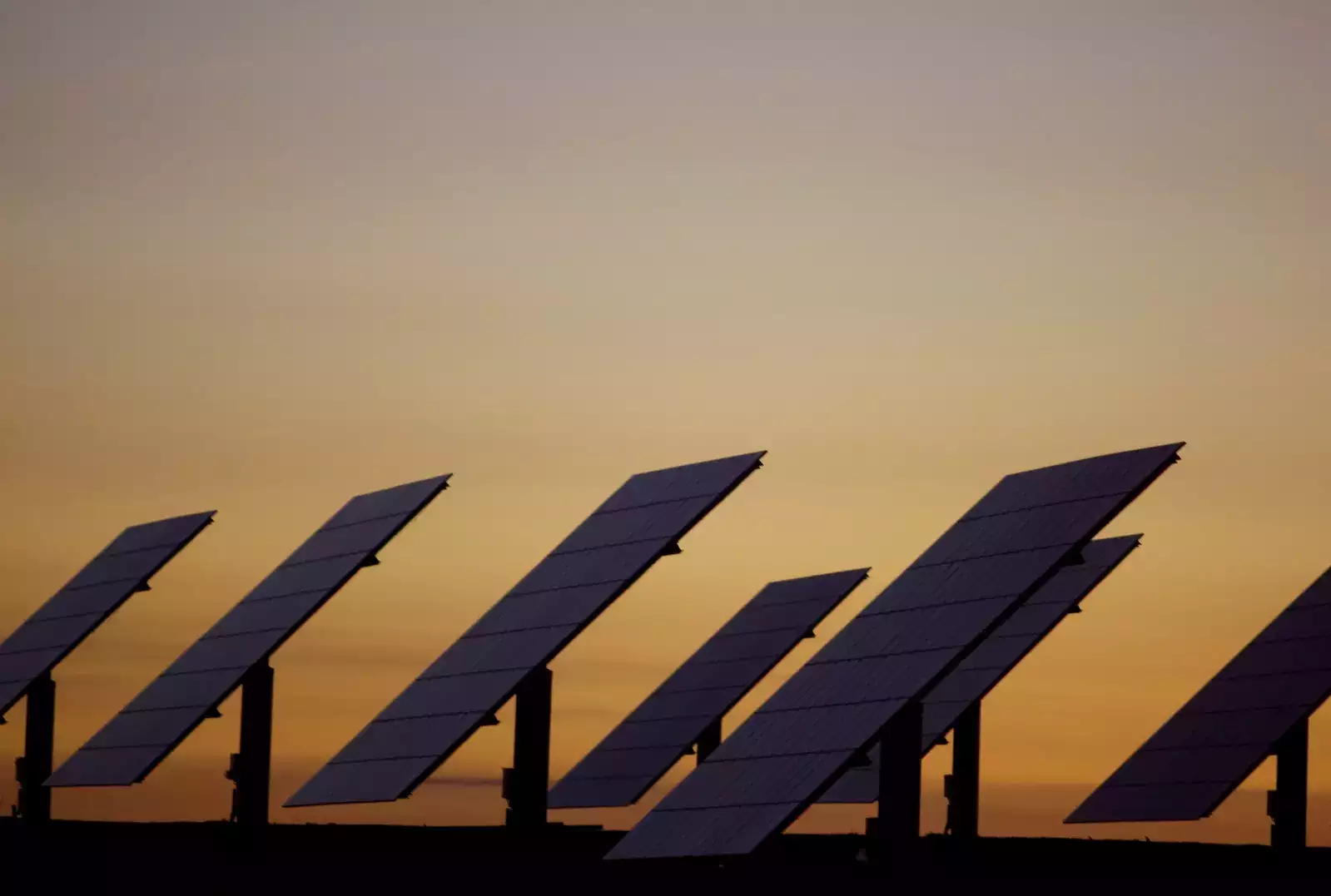
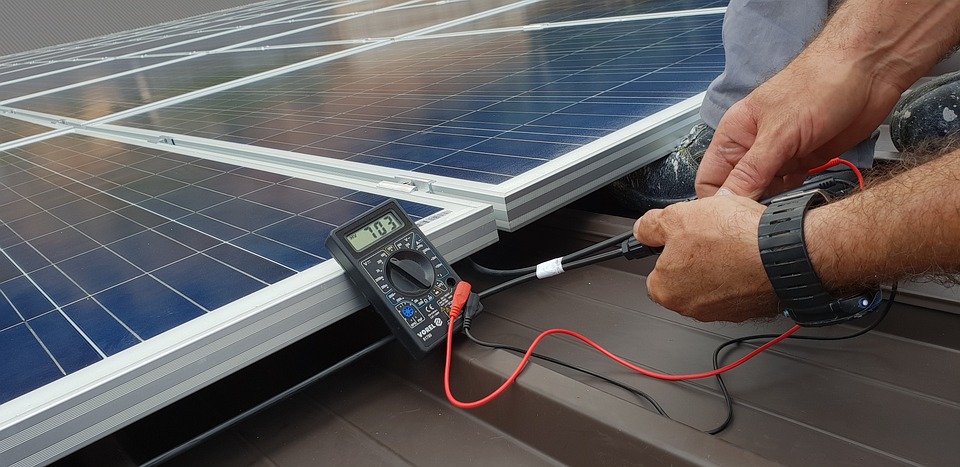
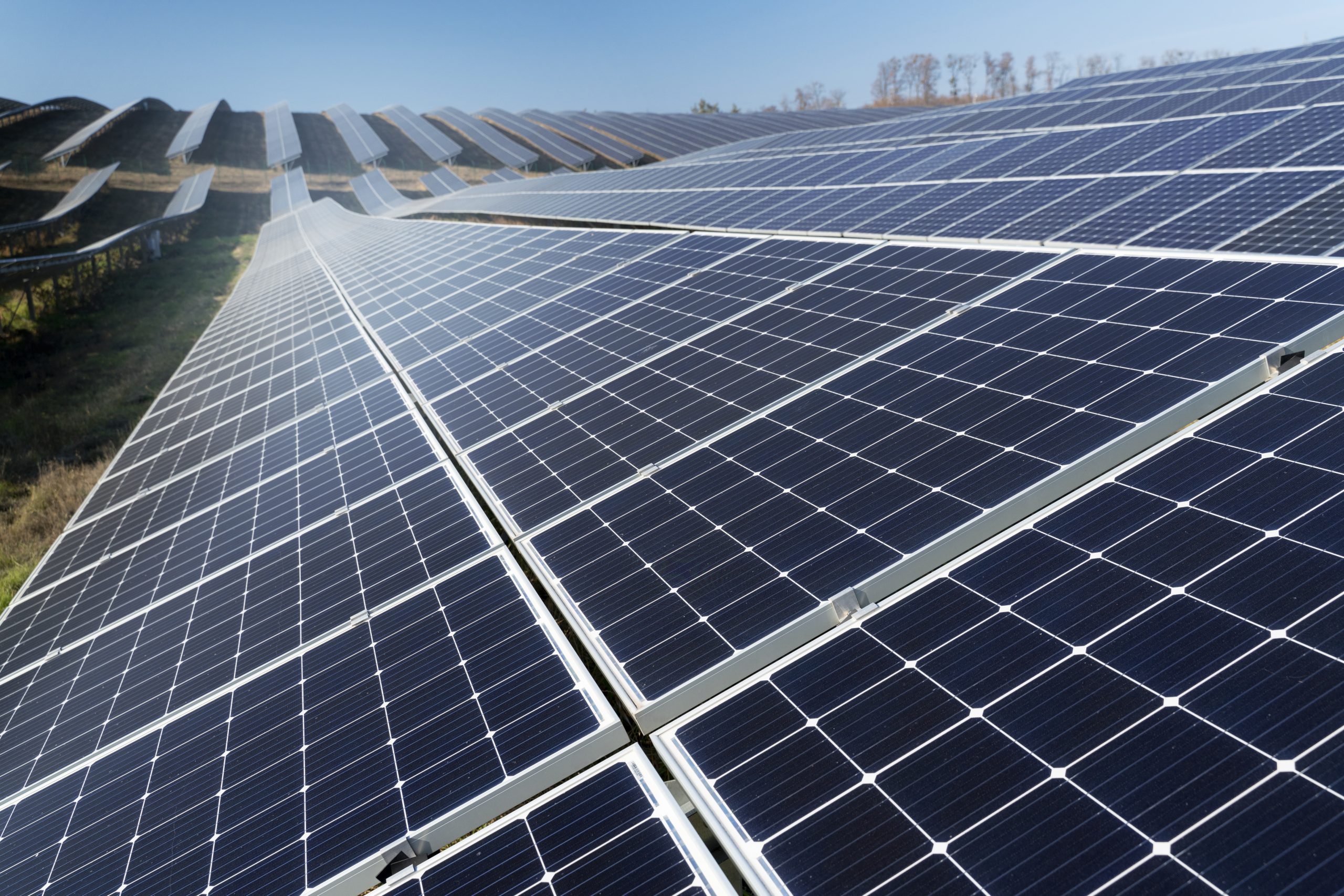
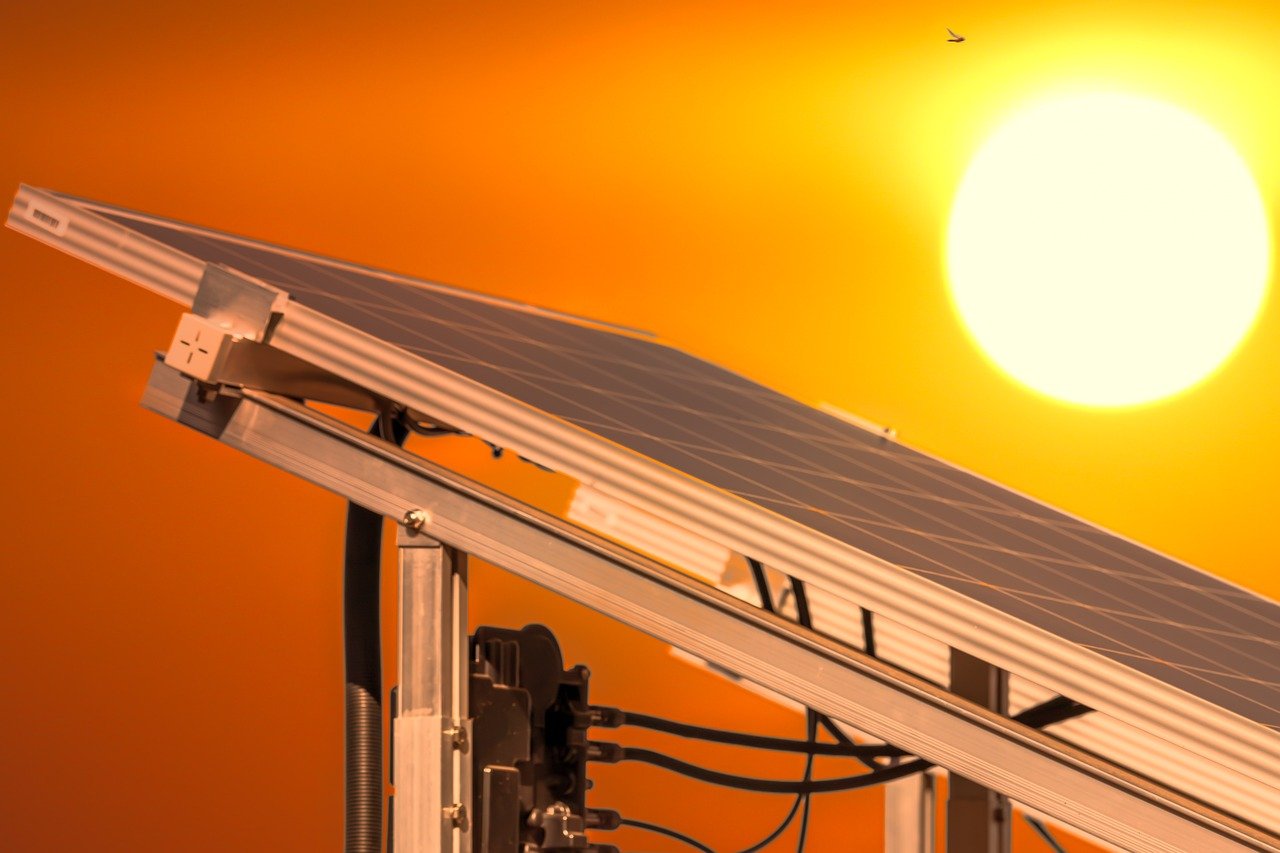
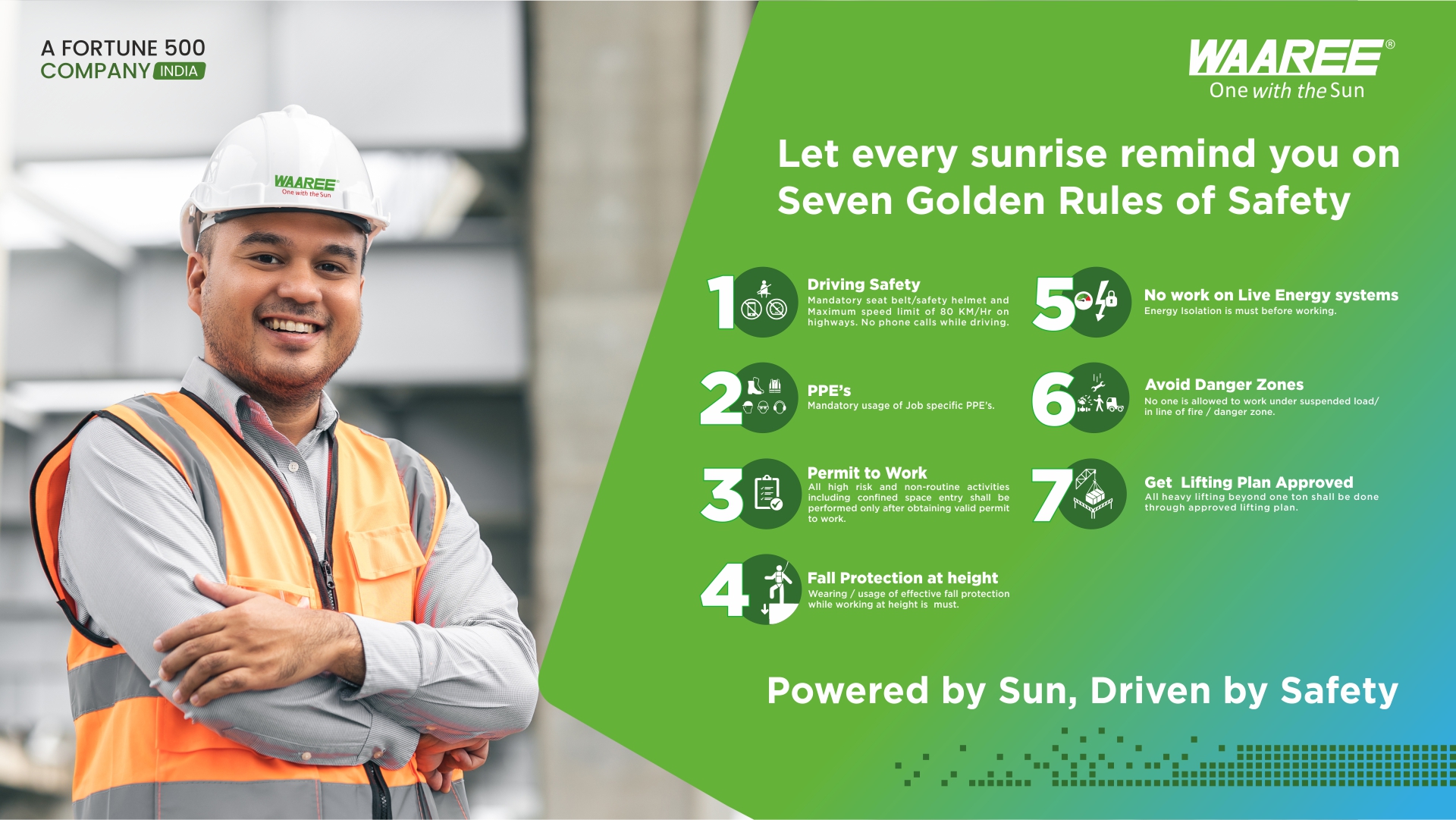
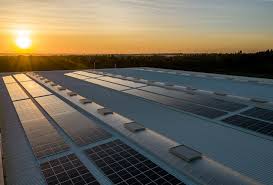
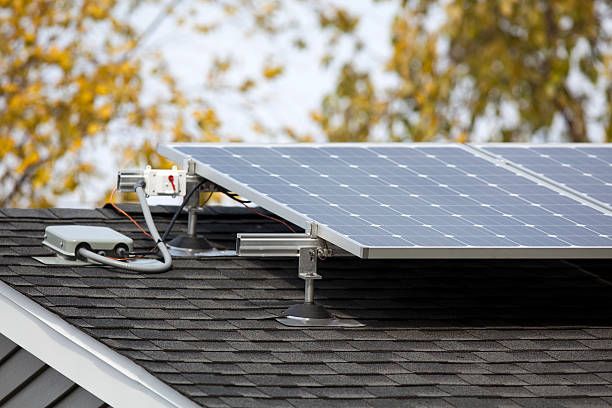
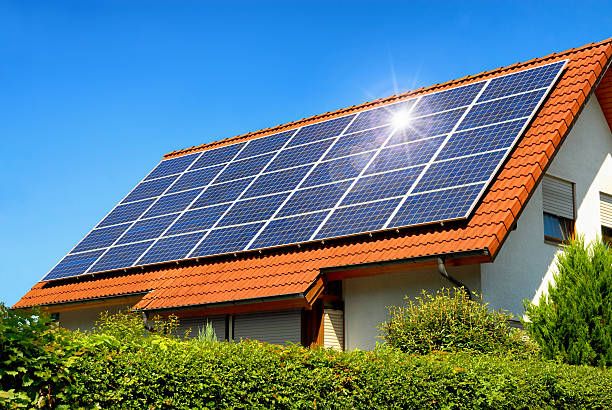
The problems with fossil fuel as a source of energy have become more prominent in the past decade. It has encouraged various governments in the world to take a step towards sustainable energy production. It is achieved by replacing fossil fuel plants with renewable energy plants. However, the question remains, what are the advantages and disadvantages of renewable energy?
In this article, as we discuss the advantages and disadvantages of renewable energy, we focus only on the popular renewable energy resources. This includes solar, hydro, geothermal, and wind.
One of the biggest advantages of renewable energy sources like hydrothermal, solar, and the wind is that they produce almost no carbon footprint. The electricity is generated through mechanical energy, and therefore, no chemical reaction is required. This ensures the process has low carbon and greenhouse emission.
The second-largest advantage of renewable energy sources is that they are infinite. We won’t run out of these sources of energy until the sun or the water runs out. Furthermore, since energy generation is often dependent on mechanical energy production, the water is returned to the environment and can once again be used to generate electricity.
The disadvantage of relying on non-renewable sources is that no one can accurately estimate when they will run out. Since this estimation cannot be made, no country can rely on this type of energy generation model.
On the other hand, renewable sources of energy are unlikely to run out. The Earth is unlikely to stop its rotation, and therefore we will always have wind, waves, and sunlight. This allows countries to build an energy generation model that can be relied upon to provide power in the long run.
Solar panels are a primary example of renewable energy with high ROI. The installation of a solar panel is more expensive than that of non-renewable sources. But, the solar panel can last longer. An average solar panel has a lifespan of 20-25 years.
Furthermore, it requires low maintenance and helps save money. This means the solar panel can easily pay for itself within 4-5 years, while the remaining 20 years can save money that would otherwise go under ‘electrical expenditure’.
The disadvantage of relying on non-renewable sources of energy like fossil fuel is that countries have to rely on each other. Similarly, the average individual is required to depend on the city’s power grid. This is difficult for households in rural areas with no power lines.
However, with the installation of solar panels or wind turbines, any household in the rural area can become independent. Similarly, countries will no longer need to import petrol, diesel, and CNG. With a renewable energy plant, they can become independent.
These are only some of the advantages. Let’s look at the disadvantages of renewable energy.
Read further: What is a Renewable Energy Certificate (REC) in India?
Projects like solar power grid installation or windmill farm development are often turned into political agendas. This makes it impossible for the average man to take advantage of these resources. The political party further taints the advantages and disadvantages of renewable energy in the light that suits their party the most. This ensures the average man cannot gain accurate information, and the project is further stalled or ignored.
Renewable energy harvesting plants can’t be installed in any location. In places like the Arctic and Alaska, where sunlight is limit during the winter season, solar power plants cannot be installed. Similarly, to install hydropower plants, the land is required to build a dam. These can only be done around rivers.
This goes to show that renewable energy harvesting is dependent on the location the plant is installed in. Countries with a budget but don’t have a favorable landscape cannot depend upon renewable energy sources.
While solar panels and other renewable energy power plants can generate profit, they do require a higher investment. Therefore to install a renewable energy power plant, the responsible authority has to save, collect and budget money for several years before installing.
This upfront cost can be worthless if the project isn’t completed swiftly. Instead, the expenses increase, and the project is delayed further.
To power, a small community with a renewable energy power plant, at least thirty solar panels would be required. To fulfil this requirement, there are various challenges and barriers. Furthermore, if the plant faces any technical issue, the entire community will face the problem.
This problem is only compounded on a national scale. A country cannot depend only on one source of energy. A change in weather, climate, or environment can cause a serious issue for the energy requirement of the entire nation.
While renewable energy has very high potential, most of them are left unexplored. The modern technology we use to harvest this renewable energy, including solar panels and wind farms, are highly inefficient. They cannot compete with fuel sources like petrol.
The best example for this is an electric car vs a car run on petrol. A car that runs on petrol can travel for a week without needing a refill. On the other hand, the batteries in an electric car require frequent charging. This goes to show that while these sources can be used, modern technology has yet to devise efficient harvesting methods.
These are the top advantages and disadvantages of renewable energy. As it can be seen from the list, the advantages far outweigh the disadvantages. Governments around the world have taken the initiative to uptake this conversion.
Among these is India which has pledged to reach the capacity of 175GW renewable energy by 2022. This goes to show that with the right financial investment, it is easy to convert from non-renewable sources of energy to renewable sources of energy.
Start going green by switching to solar panels as a renewable source of energy. Waaree Energies being one of the largest manufacturers of solar panels, offers high-quality sustainable energy solutions. Contact us via call at 1800-2121-321 or mail us at waaree@waaree.com.
You can also read: Solar Energy: What you need to know